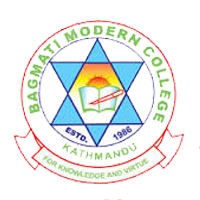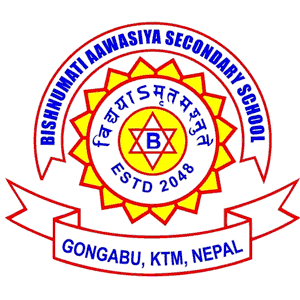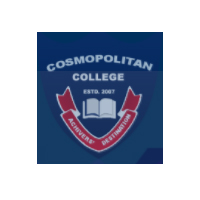Overview
Ten Plus Two (+2) Humanities at Ganeshman Singh Multiple Campus, Kalanki, Kathmandu
Ten Plus Two (+2) Humanities at GMS, Kalanki, follows the National Examination Board (NEB) structure. The stream builds your base in languages and social sciences through short essays, data reading, and project tasks.
Students who enjoy reading, writing, and community-focused study use this route for BA, BSW, B.Ed., or media and communication degrees.
Highlights
-
Affiliation: National Examination Board (NEB), Nepal
-
Duration: 2 years (Grade 11 and 12)
-
Focus: Languages, sociology, population studies, psychology, history, and related papers
-
Assessment: Internal evaluation and NEB board exams
-
Support: Library access, reading lists, and writing guidance
Curriculum Details
Subject planning follows NEB’s Humanities framework and campus capacity.
-
Core Studies: English; major language or social science as offered (e.g., Nepali, Sociology, Psychology, Population Studies, Economics, History)
-
Options (as available): Rural Development; Geography; Mass Communication; Computer Science/IT; Mathematics for social science use; other NEB-listed papers approved for the session
-
General Studies: Life skills/civic content as prescribed for the year
-
Internal Work: Reading logs, essays, short surveys, and presentations linked to board topics
Students choose combinations that match later degree goals and skill interests.
Objectives
-
Build disciplined reading and note-making habits for board-level study.
-
Strengthen essay writing, citation basics, and class presentations.
-
Encourage awareness of Nepal’s social structures, cultures, and development concerns.
-
Promote respectful discussion, evidence use, and clear referencing.
Scope
Graduates move to BA, BSW, B.Ed., or media studies. The stream also suits students who plan for community projects, documentation roles, or junior reporting while pursuing higher study.
Learning Outcomes
-
Summarize arguments and respond with reasoned paragraphs.
-
Use basic statistics and tables common in population or social studies.
-
Plan small surveys and present findings with charts or short briefs.
-
Write essays and reports that follow a simple outline and citation practice.
-
Present ideas in groups using slides or posters.
Skill Development Modules
-
Academic Writing: Paragraphing, thesis statements, and referencing
-
Data Sense: Reading tables, charts, and simple measures
-
Field Basics: Observation notes, interview checklists, and summaries
-
Communication: Oral presentations and seminar questions
Teaching Methodology
Teaching combines lectures, guided reading, tutorials, and writing workshops. You maintain reading logs, draft essays, and give short talks. Internal tests and viva sessions prepare you for NEB board exams.
Admission Requirements
-
Eligibility: SEE or equivalent from a recognized board
-
Selection: Merit-based; subject choices depend on seat availability
-
Documents: Mark sheets, character certificate, photo ID, and recent photographs
-
Counseling: Subject basket, schedule, and writing support plan
Career Opportunities
-
After +2: BA, BSW, B.Ed., mass communication, or allied social science degrees
-
Entry Roles: Community documentation, library/record support, editorial assistance (while studying further)
-
Longer Term: Teaching (after B.Ed./license), social services, media content roles, or research assistance after bachelor’s study
Scholarships and Financial Aid
-
Merit Support: Limited concessions under campus policy
-
Need-Based: Considered on application within capacity
-
External: Government notices and external schemes during the session
Why Choose This Course?
-
Reading Culture: Structured reading and writing practice for steady improvement
-
Flexible Pathways: Subject combinations that support BA, BSW, B.Ed., and media plans
-
Guided Support: Writing help, test practice, and access to reference materials
Conclusion
+2 Humanities at GMS serves students who enjoy languages and social science. Consistent reading, timely drafts, and honest feedback cycles build confidence for NEB board exams and future study.
FAQ
Q1. Which subject sets are common?
English plus two or three social science/language papers such as Sociology, Population Studies, Psychology, Nepali, or History. Final sets depend on NEB lists and campus capacity.
Q2. Is mathematics offered in Humanities?
Some students choose Mathematics for later degree flexibility. Availability depends on timetable and seat status.
Q3. How much field work is there?
Short surveys, observations, or interviews may be assigned in subjects like Sociology or Population Studies.
Q4. What writing support is available?
Reading lists, outline drills, and feedback on drafts help you prepare for board questions.
Q5. Can I switch to another stream later?
Stream changes are rare after classes begin. Early counseling helps you commit to a suitable basket.























